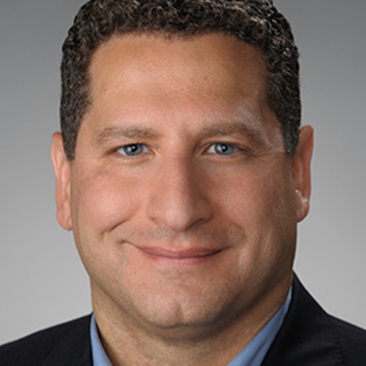Khalil writes about his book America's Dream Palace in Al-Akhbar
September 25, 2017
Al-Akhbar
Osamah Khalil, associate professor of history, published an op-ed based in part on his book, America's Dream Palace: Middle East Expertise and the Rise of the National Security State, in the Lebanese newspaper, Al-Akhbar. The article, "Making America's Cold War Universities in the Middle East," was published in Arabic. Following is an excerpt in English:
Over 150 years ago, a small college was founded in Beirut by American missionaries. The Syrian Protestant College (SPC) was established before the era of American hegemony in the Middle East. Yet its increased prominence mirrored Washington’s growing interests and concerns in the region.
The SPC was later renamed the American University of Beirut (AUB). AUB was not the only educational institution founded by American missionaries in the region. It was joined by Robert College and the American College for Girls in Istanbul (now the site of Boğaziҫi University), Izmir’s International College in Turkey, Allepo College in Syria, the American College of Sofia, Bulgaria, and Athens College in Greece. These colleges were part of the U.S.-based Near East College Association (NECA). Although the American University in Cairo (AUC) was founded after World War I, it would not join the NECA until the 1960s due to opposition from other members of the organization
Prior to World War II, the United States had limited interests in the Middle East. After oil concessions, the educational institutions founded and operated by American missionaries were arguably Washington’s main concerns in the region. This was also reflected in how the NECA viewed the goal of the colleges and schools. In 1931, the U.S.-based Director of the Near East College Association, Albert W. Staub , explained to William A. Brown, a member of the organization and later President of its Board, that the NECA’s goal was “to help the peoples of these countries and not to perpetuate or to propagate American customs or institutions.”
However, Washington’s perception of American educational institutions in the region changed during World War II. In early 1942, German forces pressed an offensive in North Africa. Their initial goal was the Suez Canal and eliminating Britain’s position in Egypt and the broader Middle East. General William Donovan, the head of the U.S.’s Office of Strategic Services (OSS), the wartime precursor to the Central Intelligence Agency (CIA), believed that the students and alumni of the American educational institutions could play an important role against the Nazis. Donovan believed that the students and alumni of the universities and colleges could support Allied war efforts, including conducting sabotage and guerrilla actions against the Nazis. Although the German offensive failed and Donovan’s plan was not tested, Washington’s view of the beneficial role American educational institutions could play expanded in the postwar era.
09/25/17
